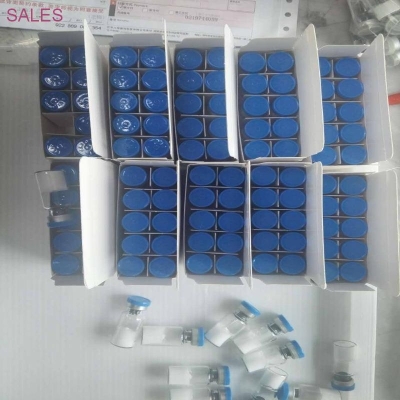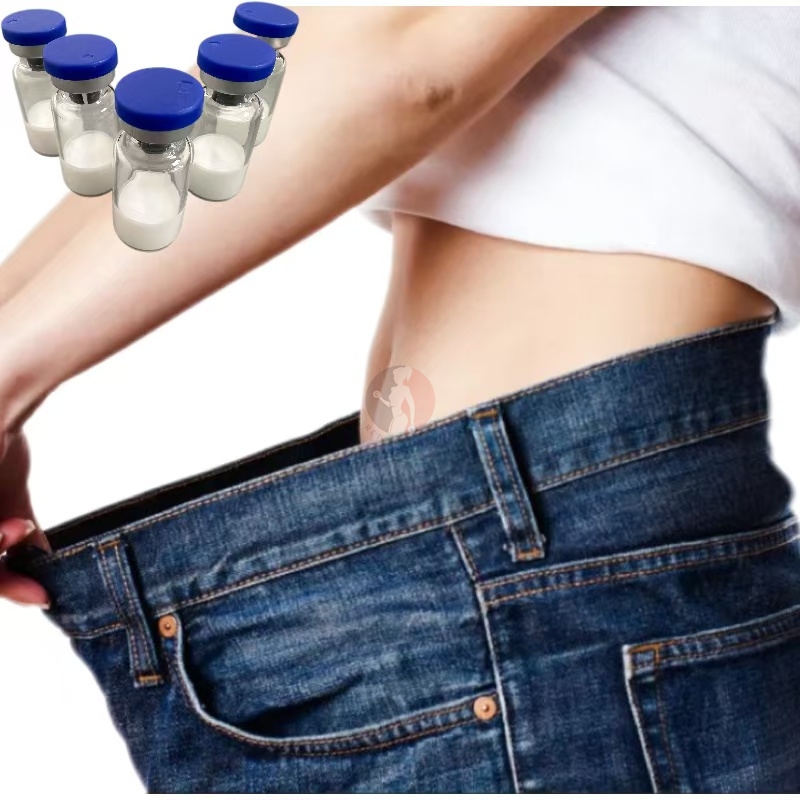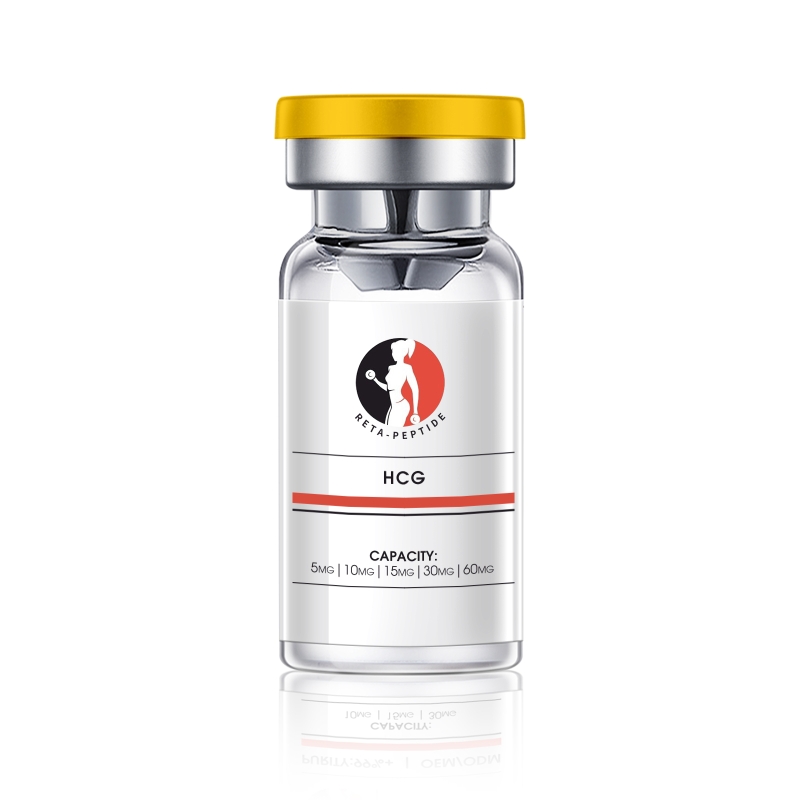-
Categories
-
Pharmaceutical Intermediates
-
Active Pharmaceutical Ingredients
-
Food Additives
- Industrial Coatings
- Agrochemicals
- Dyes and Pigments
- Surfactant
- Flavors and Fragrances
- Chemical Reagents
- Catalyst and Auxiliary
- Natural Products
- Inorganic Chemistry
-
Organic Chemistry
-
Biochemical Engineering
- Analytical Chemistry
-
Cosmetic Ingredient
- Water Treatment Chemical
-
Pharmaceutical Intermediates
Promotion
ECHEMI Mall
Wholesale
Weekly Price
Exhibition
News
-
Trade Service
7-Deazaguanine is a synthetic compound that is widely used in the pharmaceutical and chemical industries.
It is a derivative of the naturally occurring amino acid guanine, and it has been shown to have a number of potential therapeutic uses.
In this article, we will discuss the use of 7-deazaguanine in the chemical industry, including its synthesis, properties, and applications.
Synthesis of 7-Deazaguanine
7-Deazaguanine is synthesized through a multi-step process that involves the formation of several intermediate compounds.
The synthesis typically begins with the reaction of 2,6-diaminopurine with hydrazine to form N-acetyl hydrazine.
This intermediate is then reduced with hydrogen in the presence of a catalyst to form 7-deazaguanine.
Properties of 7-Deazaguanine
7-Deazaguanine is a water-soluble compound with a melting point of approximately 260°C.
It is slightly soluble in water, but highly soluble in organic solvents such as ethanol and methanol.
It has a slightly acidic pH, with a pKa value of approximately 8.
5.
7-Deazaguanine has been shown to have antiviral and anticancer properties, and it has been used in the development of a number of experimental cancer treatments.
It has also been shown to have potential as an adjuvant therapy for a variety of diseases, including HIV and Hepatitis B.
Applications of 7-Deazaguanine
7-Deazaguanine has a number of potential uses in the pharmaceutical and chemical industries.
It is most commonly used as an antiviral and anticancer agent, and it has been shown to have potential as an adjuvant therapy for a variety of diseases.
In addition, it is also used as a research tool in the study of cellular processes and signaling pathways.
One of the most promising potential applications of 7-deazaguanine is in the treatment of cancer.
It has been shown to inhibit the growth of cancer cells in vitro, and it has been used in a number of preclinical studies as an adjuvant therapy for cancer.
7-Deazaguanine is also being studied as a potential treatment for HIV and Hepatitis B.
It has been shown to inhibit the replication of the virus in vitro, and it has been used in a number of preclinical studies as an adjuvant therapy for these diseases.
In addition to its potential therapeutic uses, 7-deazaguanine is also used as a research tool in the study of cellular processes and signaling pathways.
It has been shown to affect the activity of a number of different cellular pathways, including the Ras-Raf-ERK signaling pathway and the PI3K-Akt signaling pathway.
Conclusion
7-Deazaguanine is a synthetic compound with a number of potential therapeutic uses.
It is synthesized through a multi-step process, and it has a number of properties that make it suitable for use in the pharmaceutical and chemical industries.
It is most commonly used as an antiviral and anticancer agent, and it is also being studied as a potential treatment for HIV and Hepatitis B.
In addition, it is used as a research tool in the study of cellular processes and signaling pathways.
Overall, 7-deazaguanine is a promising compound with a number of potential applications in the pharmaceutical and chemical industries.
As more research is conducted on its properties and therapeutic effects, it is likely that it will become an increasingly important tool in the fight against cancer and other diseases.







